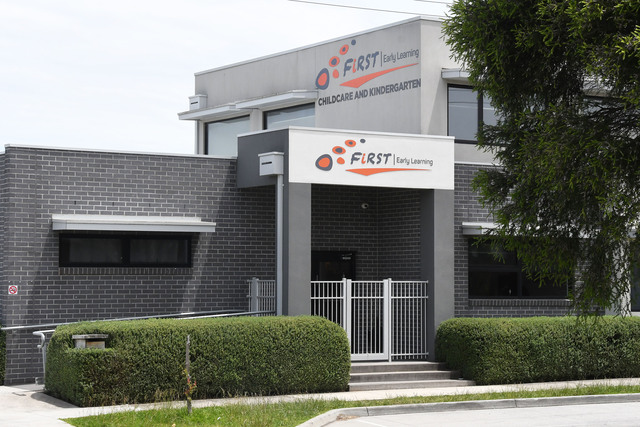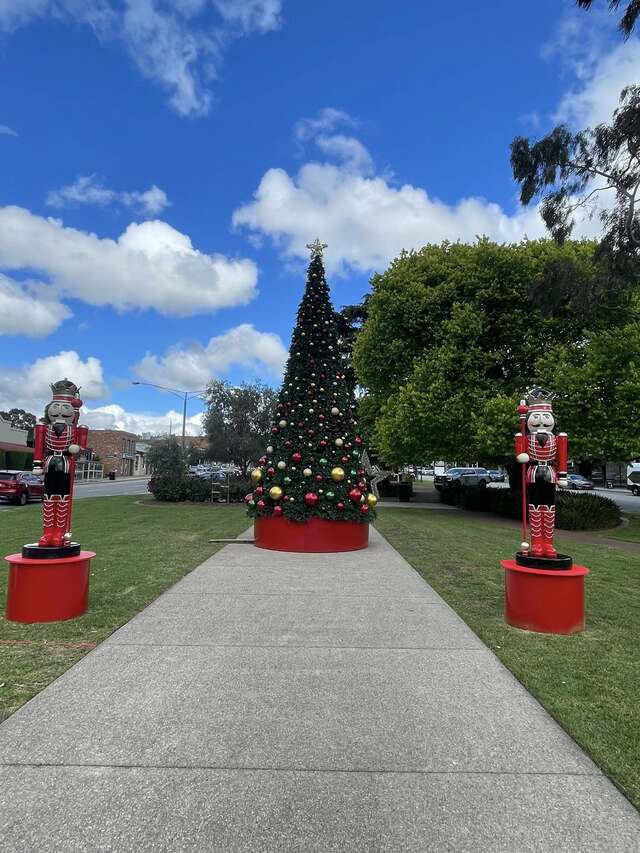By CAM LUCADOU-WELLS
AN independent petrol director has slammed a state parliamentary report for not recognising fuel drive offs as a crime.
Peter Anderson, of Apro Service Stations, says each of his servos – including two in Cranbourne – loses about $12,000 a year in unpaid-for fuel. And that cost is growing, he says.
Casey is the second hardest-hit municipality for petrol drive-offs in the state – more than 3000 in the past 10 years, according to official crime stats.
However, industry representatives claim the offences are vastly under-reported.
Mr Anderson said it was disappointing that the Law Reform, Road and Community Safety Committee’s report released today didn’t make the “tough decisions”.
“This is all too hard for governments to do anything about.”
According to Victorian crime statistics, more than 80 per cent of reported drive-offs are unsolved in the past 10 years.
The report did not rule on a Victoria Police 2013 directive not to pursue drive-offs because they were civil matters, not crimes.
The report stated there were evidentiary problems including proving an ‘offender’ intended to steal petrol, and hadn’t simply forgotten to pay.
“Everyone I talk to says it’s a theft,” Mr Anderson said. “This inquiry has done nothing about it.”
Servo representatives told the inquiry that the police stance fuelled further drive-offs.
Mr Anderson said it could also cause frustrated servo attendants to “take matters in their own hands”.
“The police are only interested in protecting their stats,” Mr Anderson said.
“If they can take (drive-offs) out of the crime stats, it doesn’t look as bad.”
Mr Anderson called for on-the-spot fines, which would reduce court time and act as a practical deterrent.
The committee however stated infringements would be “inappropriate”.
It would reduce the deterrence value of the criminal law – which punishes theft with up to 10 years’ jail – and was unlikely to reduce the offence, it stated.
The report’s recommendations included investigating fuel pre-payment options, and for servos to access a database on stolen vehicles and number-plates with number-plate scanning/recognition technology.
RACV public policy general manager Brian Negus, who proposed this idea to the inquiry, said the technology could allow servo attendants to “shut down the pump” if a stolen vehicle or one with stolen plates arrives.
Mr Negus also didn’t support the police directive.
“If you go into the store and steal milk or brake fluid, you’re prosecuted. Stealing fuel is no different.”







